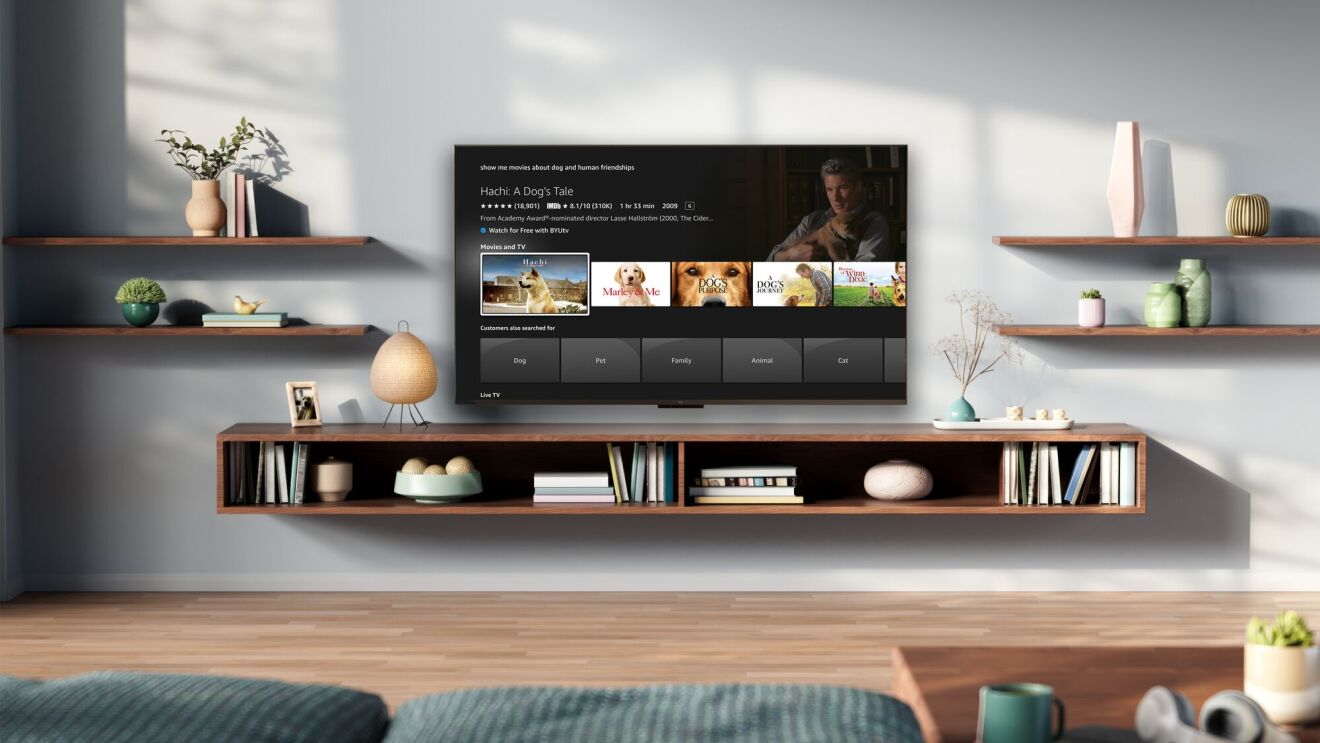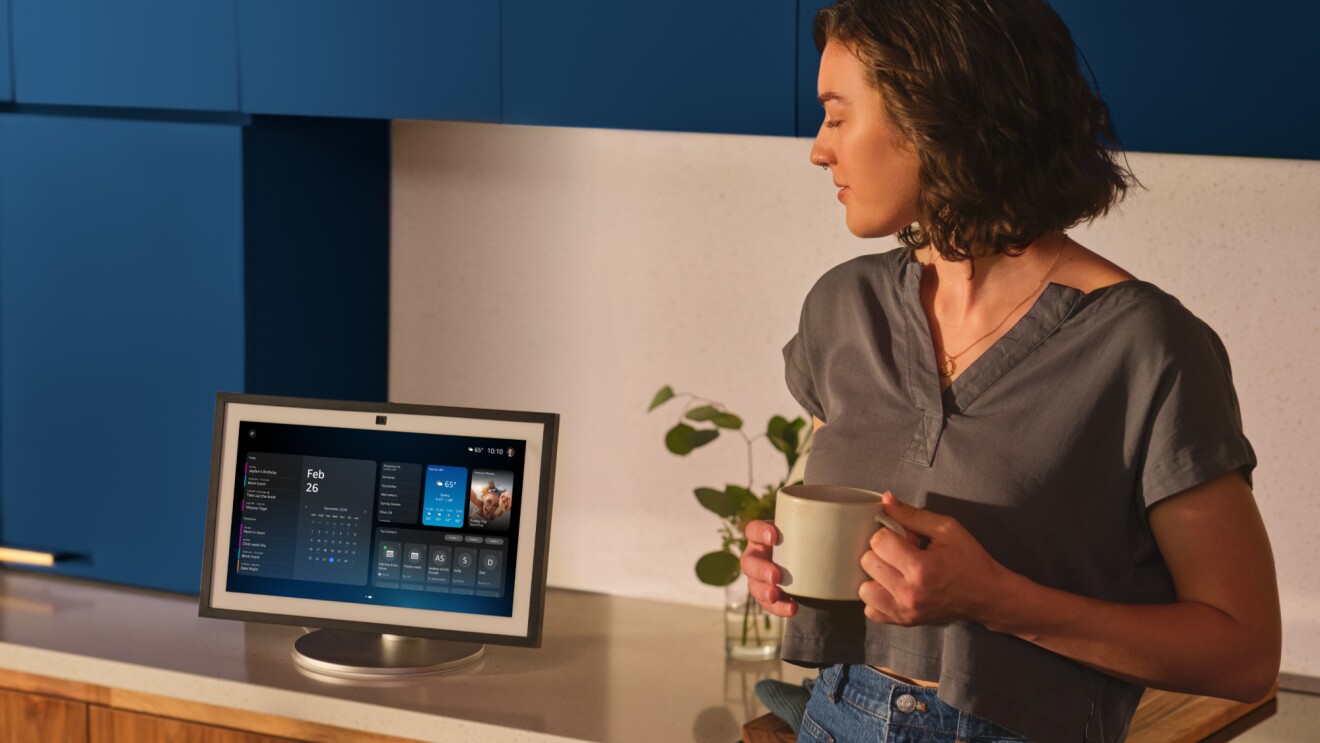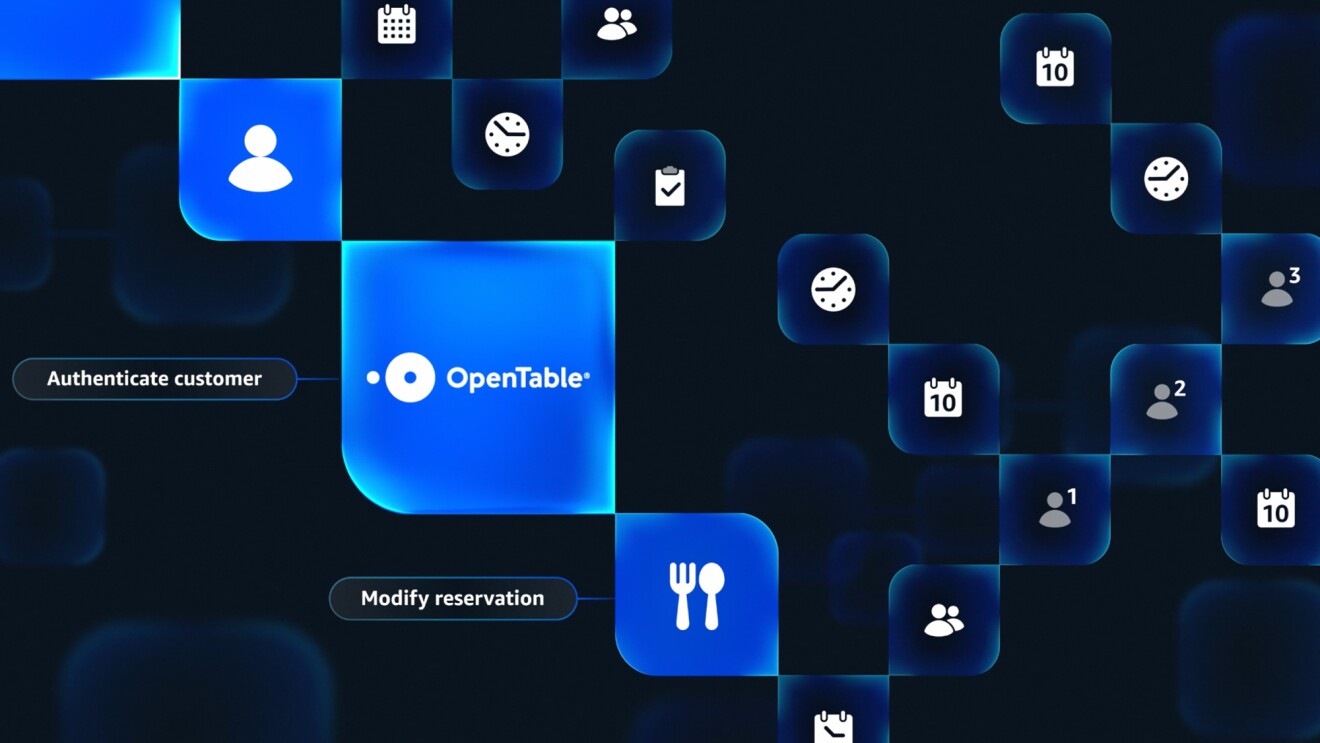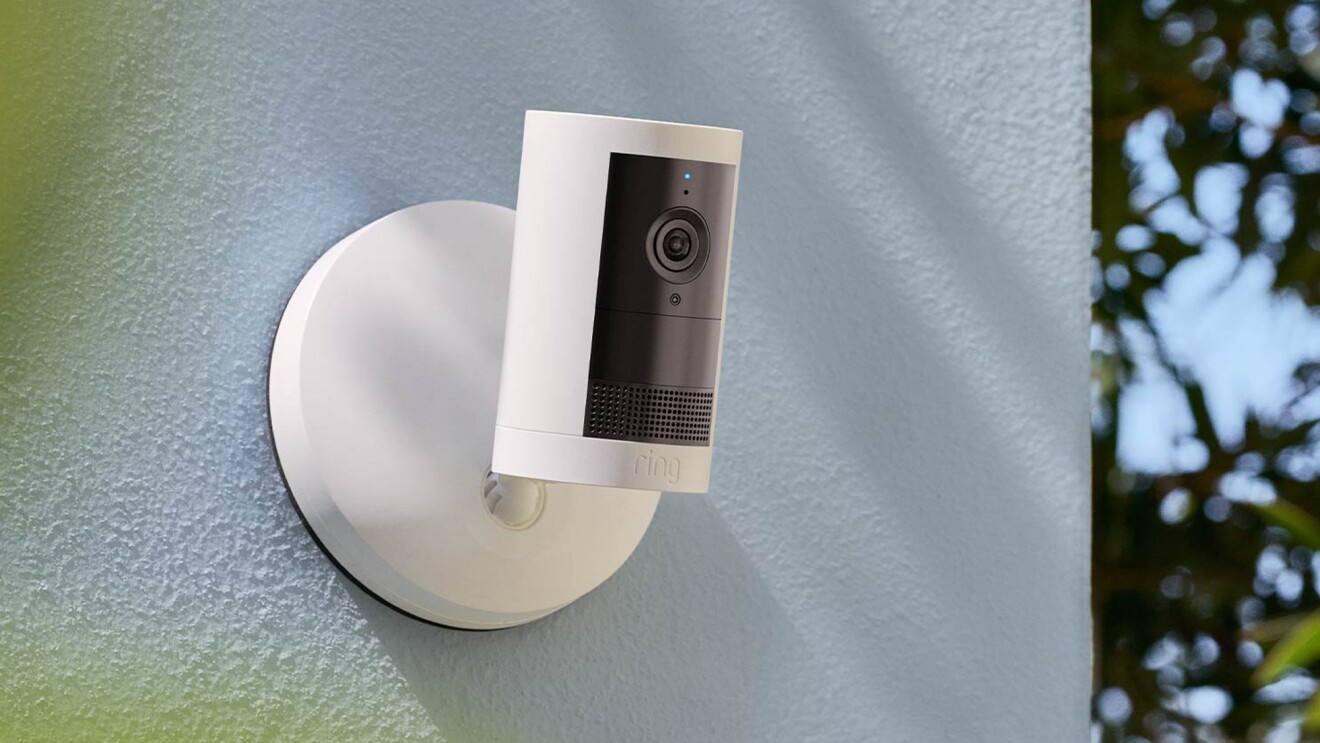When she stepped into her first computer science class in college, Aleatha Parker-Wood was met with quizzical stares from a room full of male peers. “I sat down and the instructor asked, ‘Are you lost? This is computer science,'" she recalled.
But Parker-Wood, who is now a principal privacy engineer for Amazon Devices—the organization behind Fire TV, Halo, and Echo, among other innovative devices—knew she was in exactly the right place. In fact, her passion for technology started in childhood, when she discovered an early natural language computer program.
“There I am with my little 6-year-old fingers, typing out lines to a chatbot called Eliza that was created by MIT researchers,” Parker-Wood said. “After a couple of years, I found Eliza’s manuals lying around and used them to dive into the code to make her more interesting. Eventually, I wound up programming video games and other sorts of things for myself. I enjoyed exploring what I could do with this hunk of metal sitting in the living room.”
That early passion for programming eventually led Parker-Wood to Amazon in 2020. We caught up with Parker-Wood to talk about what it means to help develop privacy-enhancing solutions on behalf of our customers and how she got her start as a privacy engineer. Read on to learn more about one of the most important functions within the Amazon Devices organization.
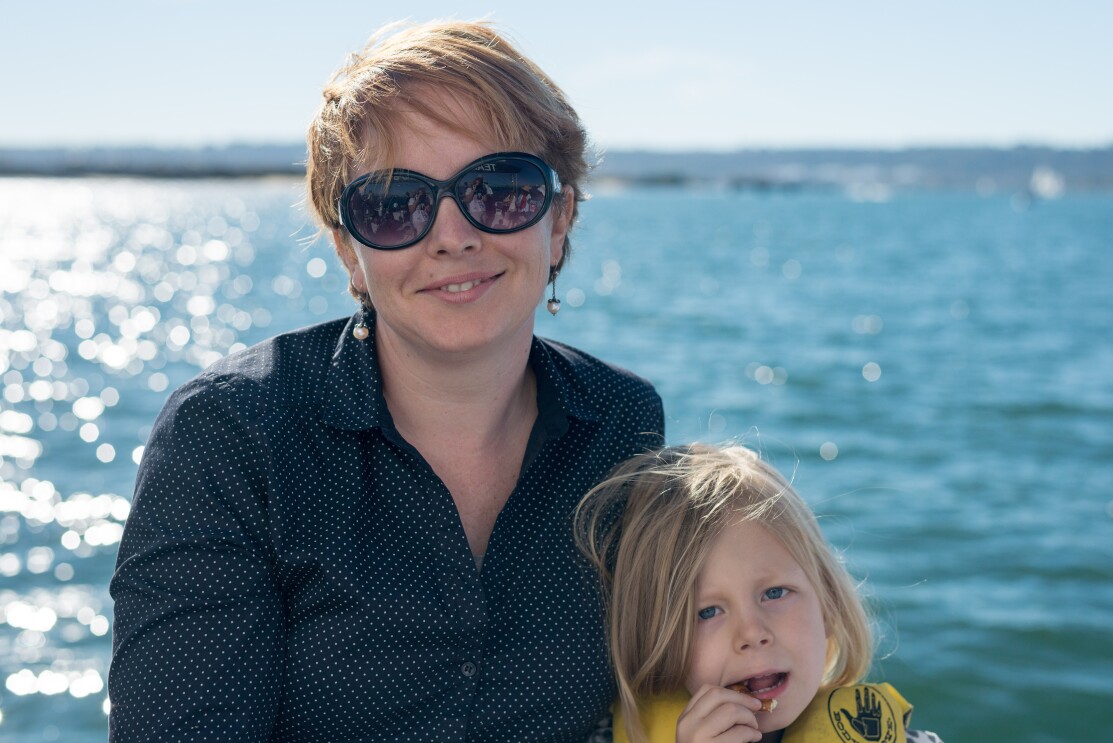
What are the responsibilities of your role?
“I’m a privacy engineer on the Digital Privacy team, which means my team and I research and deploy the latest privacy technologies to protect customers and their data, and ensure thoughtful privacy decisions are built into all of our products, features, and services. Our goal is to work backwards from the perspective of our customers—we help make sure customer data is handled responsibly and find ways to apply technology that provides customers with transparency and control around privacy."
What makes you most excited about working on Amazon Devices?
“First off, I love that Amazon has world-class scientists in the privacy technologies I use, like federated learning and differential privacy. I can always go tap an expert if I have a hard question. I also appreciate that the culture at Amazon has been really inclusive and supportive. As a leader, it means I feel comfortable recruiting people, knowing they're going to be landing in a good place and be treated right. I think Devices at Amazon is such a cool space because we're building so many interesting, cutting-edge things, and there’s a lot of opportunity for invention on behalf of our customers.”
How does Amazon address the responsibility of protecting customer privacy?
“We have devices that sit in customers’ homes, on their front doorsteps, and in their cars. This presents both a unique challenge and an opportunity—we want customers to feel good about using our devices, and the way we earn that is by getting privacy right. Behind every decision at Amazon is the question, ‘Is this the right thing for the customer?’ Privacy fits very naturally in this customer-centric culture. It makes it easy for my team to walk into a room and explain both what we know about how customers feel about privacy and why we need to address it. When you use data and feedback to inform a project that will genuinely benefit the customer at Amazon, our teams take that into account when inventing on behalf of our customers, and that’s important when it comes to protecting customer privacy.”
How do you consider the customer’s needs when creating privacy solutions?
“As privacy engineers, we put ourselves in the shoes of the people who will be using our products. We need to acknowledge and help address unique privacy considerations to make sure our solutions work for all of our customers, not just some or most of them. If I don't have a good viewpoint on a given customer’s needs, I’ll tap someone with different expertise and experience from my own to get their perspective and be sure we are working to make privacy controls more accessible for all customers.”
What steps did you take to build your career?
“I started college in mechanical engineering, but I took a programming class and realized I was in the wrong major. Then I ultimately decided to prioritize a job opportunity at Hewlett Packard. After a few years, I realized not having a degree was holding me back, so I decided to finish my bachelor's, which is when I took my first security class and realized I loved research. I continued to study security during my Ph.D., and then took a job as a research scientist at a security company, where I dove deeply into machine learning. As I spent more time in the field and leading a research team, I thought more about what security actually meant for people—the answer was that they wanted to trust what was going to happen with their data. It took me a while to recognize privacy was the track I was on, which includes both security and trust. You could say following my passion for customer trust landed me in privacy.”
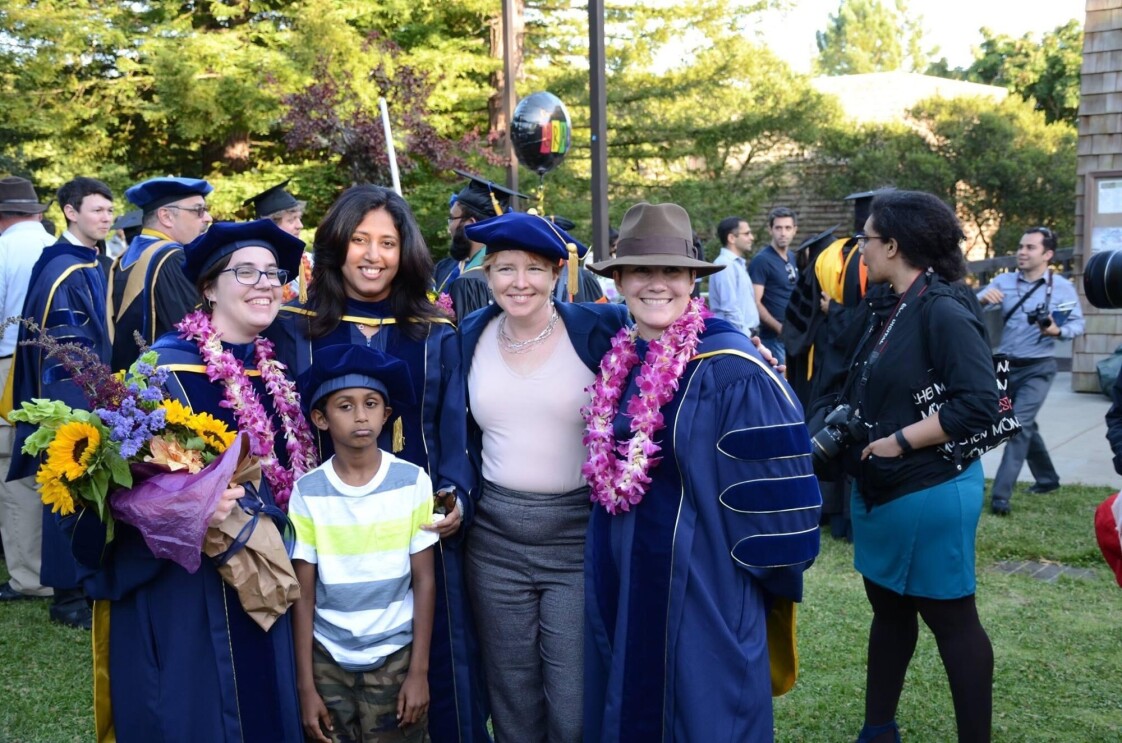
What motivated you to pursue a career as a privacy engineer at Amazon?
“My [current] boss recognized my passion for privacy, and he shared his thoughts on building trust and the unique role I could play. I was intrigued by the challenges and the opportunity to make a difference with this work. I like that privacy engineering allows me to help customers and provide them with more transparency and control over their information. My job is something I can wake up and feel good about every day. I’ve been amazed at the level of privacy passion here—I want to build on that and support the work being done to deepen customer trust.”
What advice do you have for others aspiring to a career like yours?
“It’s important to always ‘learn and be curious’ and be ‘customer-obsessed.’ If you have that drive, you are going to do well in privacy. There's no prerequisite that says you have to come from a specific background as long as you have enough privacy passion to learn the engineering skills that you need to do the work.”
If you enjoyed learning about Parker-Wood's job at Amazon, read more articles from this series. For more information about opportunities at the company, visit Amazon.jobs.
Trending news and stories
- Amazon unveils 7 new robots powering faster, safer deliveries: Go inside our most innovative delivery station yet
- Introducing Vulcan: Amazon's first robot with a sense of touch
- This new AI tech will make sorting packages easier for Amazon's delivery station employees
- How Amazon helps data center communities thrive



